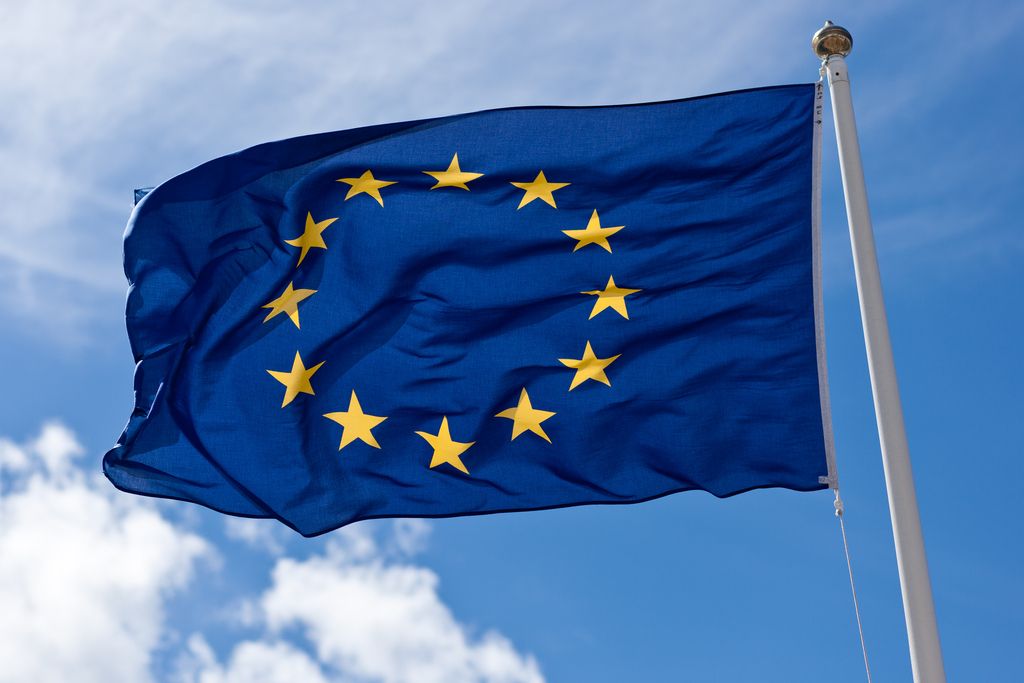Reforms to the EU Emissions Trading System (ETS) have been welcomed by industry commentators as signalling a step towards “the type of carbon economy that we need in order to address the systemic issues of climate change”.
Last week EU ministers approved a wide-ranging set of reforms phasing out allowances and paving the way for the bloc to achieve a 55% cut in emissions from 1990 levels by 2030. This is the last step in a series of votes, following the preliminary agreement reached in December 2022.
“The commission’s reform to phase out allowances and move to a fully ETS by 2027 moves us closer to the type of carbon economy that we need in order to address the systemic issues of climate change,” said Stefano Capacci, business unit lead of sustainable finance at Longevity Partners, a European ESG consultancy.
Capacci said the reforms will affect the financial market in three ways. First by creating a baseline of materiality (the EU backed carbon price of any activity) for every investment product that mitigates risks of greenwashing and stops us relying on complicated and voluntary ESG frameworks.
Second, by contributing to more accurate emissions pricing, and the correct valuation of fossil fuel-dependent activities. And third by formalising and standardising carbon accounting.
“This will lead to a more uniform accounting methodology that addresses the four intrinsic risks of carbon accounting: additionality, permanence, leakage and double counting,” he added.
The International Emissions Trading Association (IETA) added the targets are, rightly, ambitious.
Julia Michalak, EU policy advisor at IETA, said: “The completion of the EU ETS reforms reinforces the benchmark role that Europe’s cap-and-trade system plays for the world, by setting ambitious targets that will require a robust, transparent and fair price on carbon.”
Achieving Paris goals
The European Union has also formally approved the creation of a second, parallel ETS that will cover the emissions from fuels used in the domestic and transport sectors.
Research by analysis firm ICIS estimates that with this expansion of mandatory carbon pricing, as much as 76% of the EU’s total emissions will now be covered by a pricing mechanism.
The Council also approved the creation of a Carbon Border Adjustment Mechanism, which will impose a carbon levy on imported materials from jurisdictions that do not put a price on carbon.
Michalak said: “Europe is demonstrating that the impacts of a global pandemic, as well as an energy crisis and conflict on its doorstep should not detract from the climate imperative.
“With these reforms, the European institutions have shown that the political will to achieve the Paris goals remains strong in the face of economic and geopolitical turmoil.”








